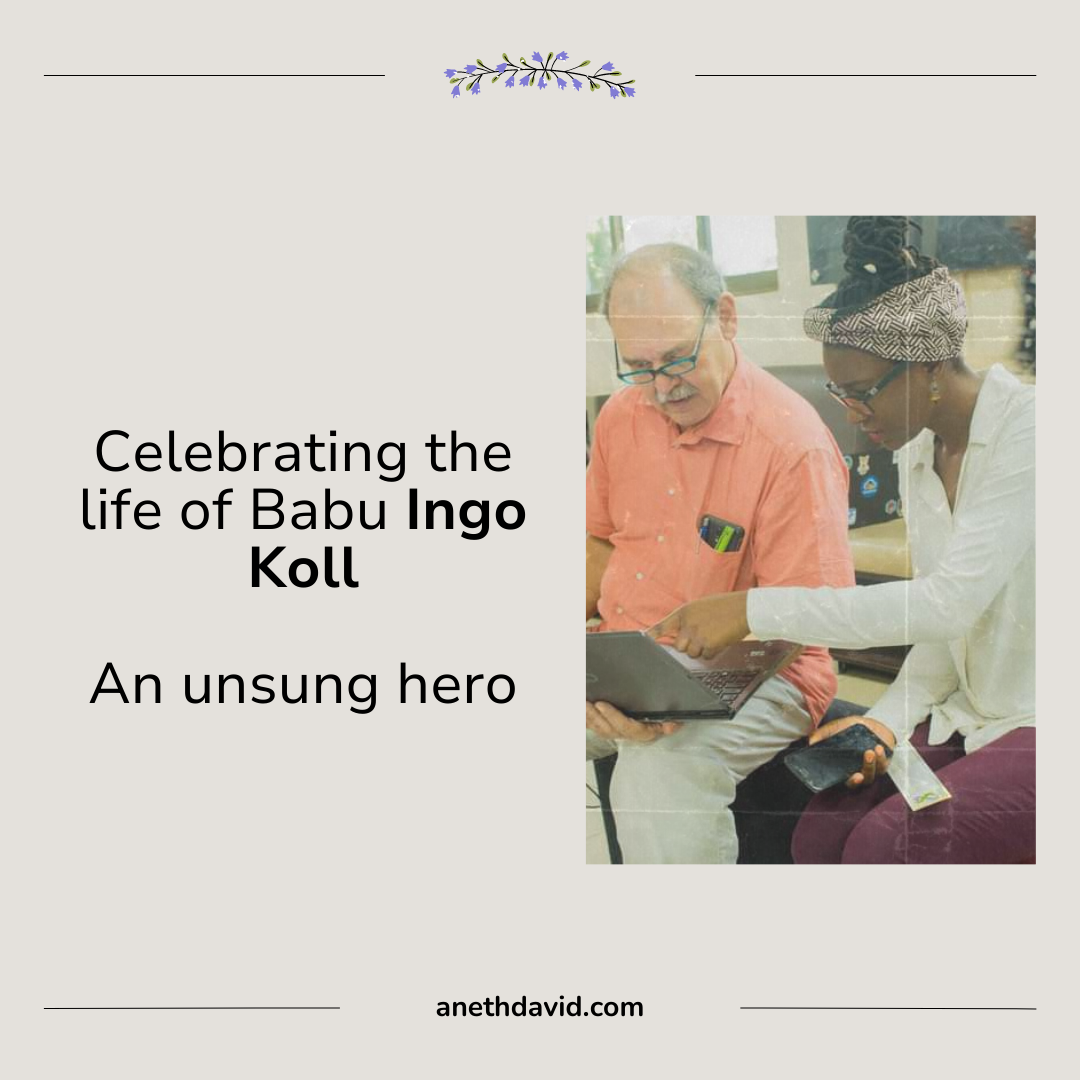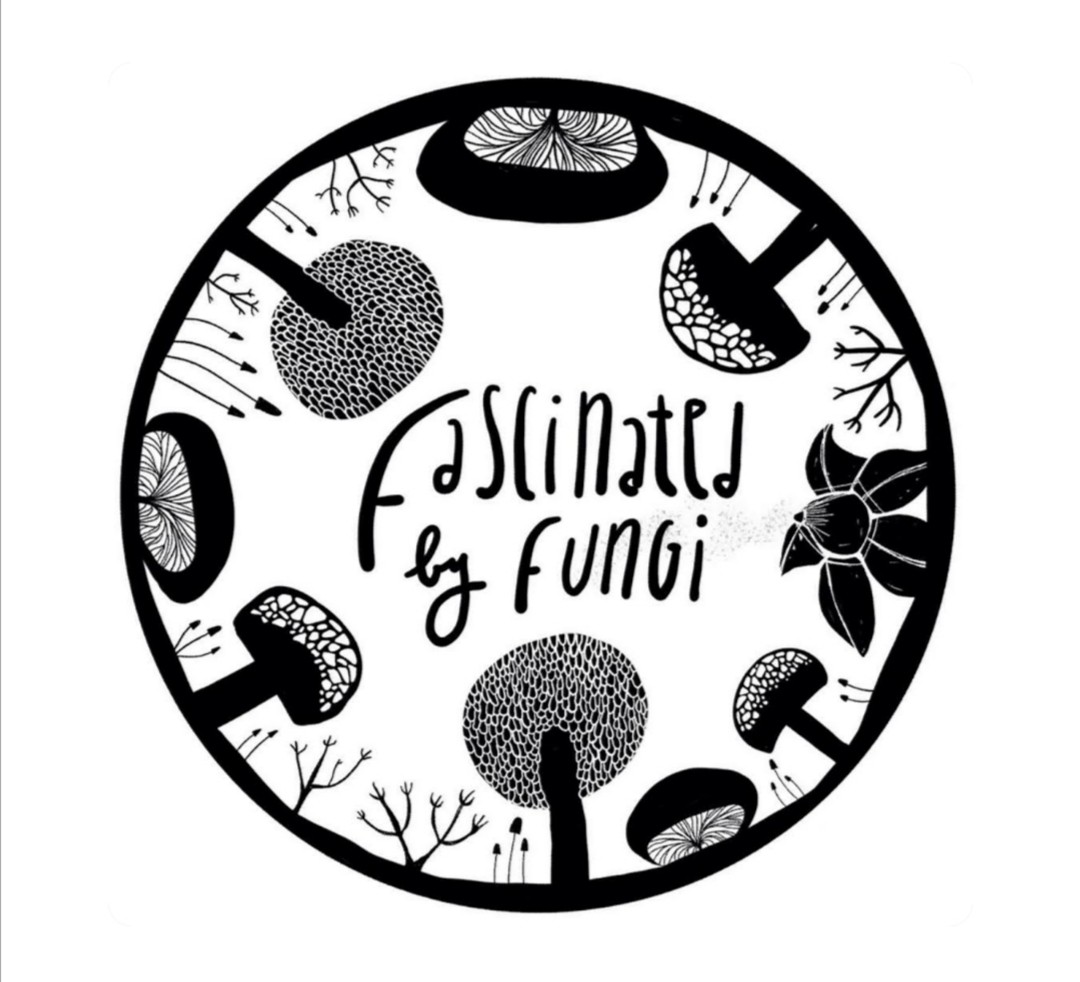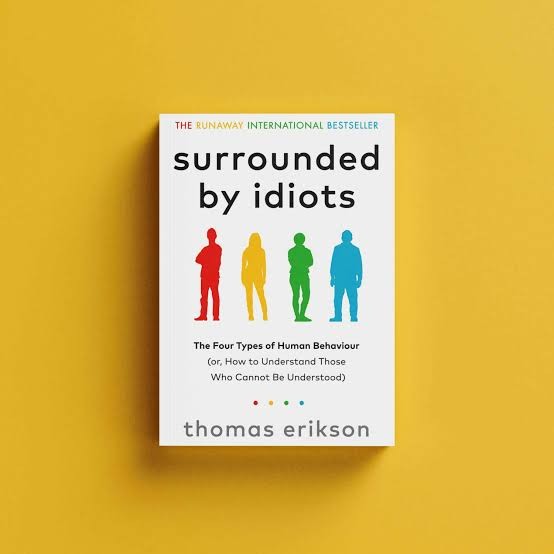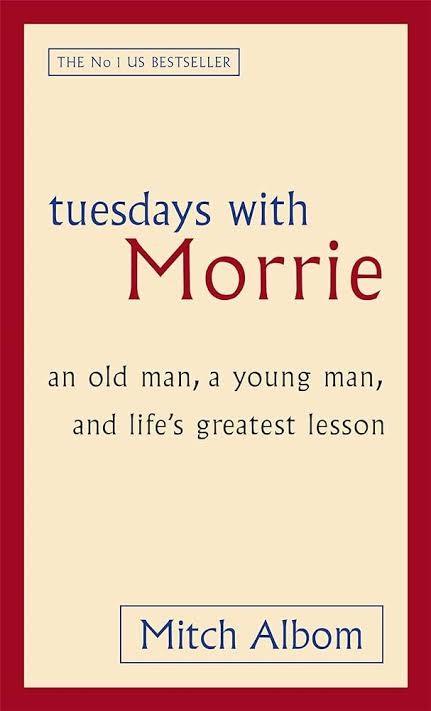Have you ever wondered why we trust research findings although the research itself is done by only a handful of people? The answer often lies in a process called peer review. Imagine shopping for an item or gadget, we usually ask and look for reviews from others who have experience with the item developing an algorithm, a statistical formula, or a physics model to get an idea of credibility and even safety. Peer review sort of works in the same way.
This week (15 - 19 September), as we celebrate Peer Review Week, it's worth exploring why this seemingly invisible process matters to all of us and not just researchers, and why I personally devote time and effort to the subject.
What is Peer Review?
Peer review is the quality check of the research and scientific world. When a researcher completes a study, other experts, or the "peers", review it carefully to check whether the methodology is sound, the results are accurate and the conclusions are justified. It is a process of rigorous scrutiny that enables the process and findings to be trusted. Without peer review, we risk trusting information that could be misleading or wrong.
I talk about peer review in Kiswahili in a video below:
Why Does It Matter to You?
I personally review at least one paper or preprint each month. I consider this my contribution to science, a way of keeping the scientific process alive, rigorous and trustworthy. Each review I do is an opportunity to ensure that research reaching the public and policymakers meets high standards.
Peer review isn't just academic jargon as it affects everyday life. Research touches our health, food through agricultural innovations and even technology as finding are used to develop products and services, and make policies and important decisions. All there rely on research that has passed this scrutiny. For example, a new vaccine, probiotic product, or farming technique only becomes trustworthy once it's peer-reviewed. This process significantly reduces errors and increases confidence in scientific and research claims.
Challenges and Misconceptions
It is important to remember that peer review doesn't make science infallible. Mistakes happen, biases exist, and the process can be slow. That's why I and many others advocate for open peer review practices. These are systems where reviews are more transparent, constructive and accountable. In this practice, reviews by peers are published alongside research works and findings, often with full identities of reviewers. This is a system advocated by many academics as well as different organizations and funders, including PREreview and ASAPbio.
Although open peer review practices are spreading rapidly worldwide, adoption in Tanzania is still slow, thus the double blind system where identities of the reviewers and authors is not known is still prevalent. That is part of the reason why I founded the Open Research Community of Tanzania (ORCT), to champion open research practices in Tanzania, including open peer review. At ORCT, we advocate for open research practices while building capacity and skills especially among early career researchers to engage with the practices. We mentor early-career researchers and lead initiatives in East Africa to make peer review more open, inclusive, and trustworthy. These efforts help strengthen the research ecosystem in our region while ensuring science serves society effectively.
How can you Engage with Research
Anyone can engage with science and research, help make it better. Start by reading research articles/papers, ask questions, engage in citizen science and approach research critically. Peer review is a reminder that research is collaborative process that it thrives on transparency, accountability and shared knowledge. By understanding and appreciating the peer review process, we all become informed participants in research cycles.
Closing Thoughts
Peer Review Week is a global event to celebrate the importance of peer review in ensuring the quality and integrity of research. This Peer Review Week, lets appreciate the silent reviewers whose work ensures that research we rely on every day is credible and trustworthy. As a biotechnologist and science communicator, I work to bridge the gap between research and the public, helping people understand, question and trust the science that shapes their lives. Reviewing, mentoring and advocating for open peer review are some of my ways of contributing to a stronger, more reliable scientific community, both globally and here in East Africa.
Explore a variety of activities organized to mark Peer Review Week 2025, many of which are virtual, here.
 Aneth David
Aneth David








